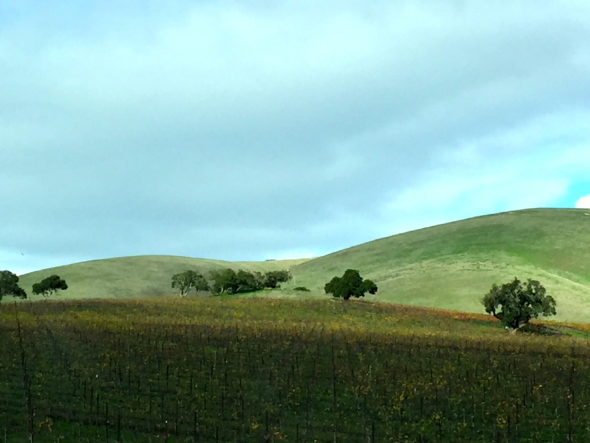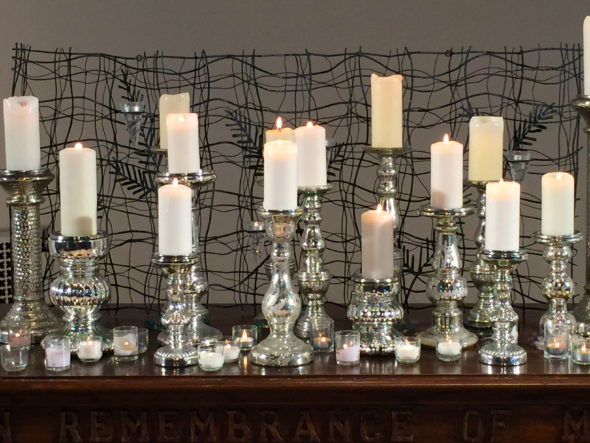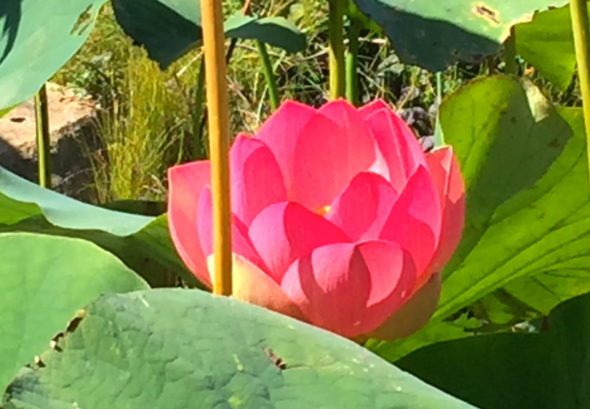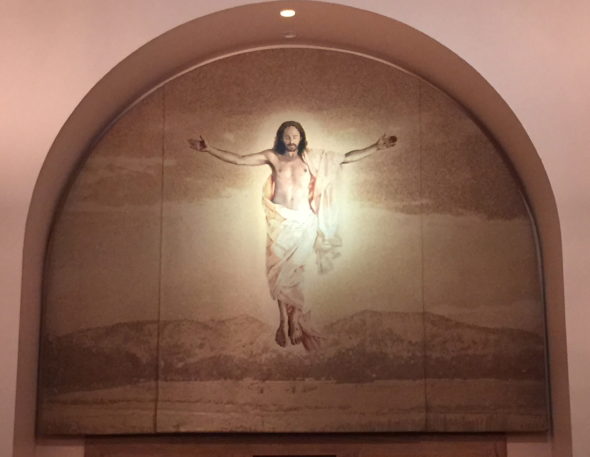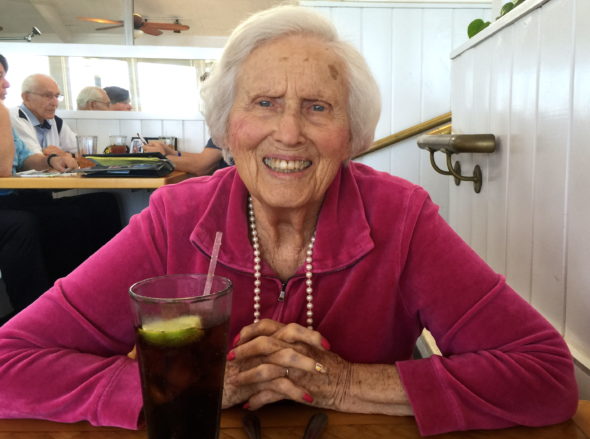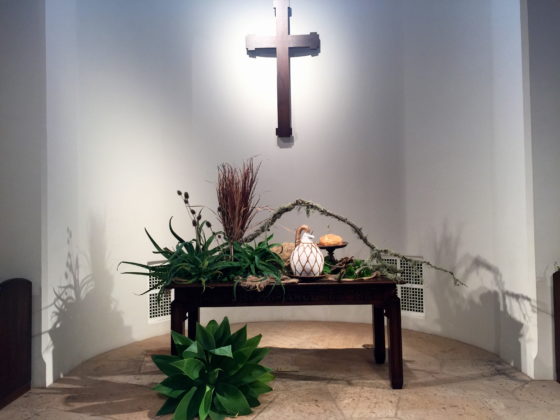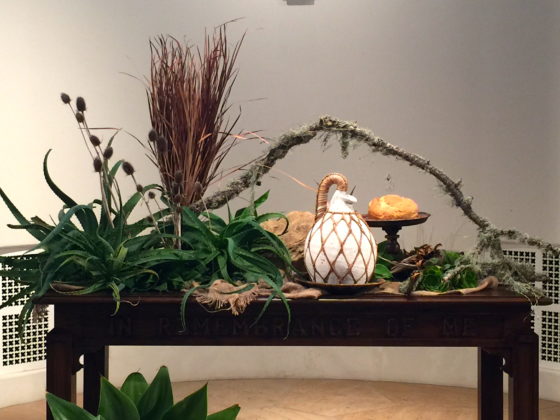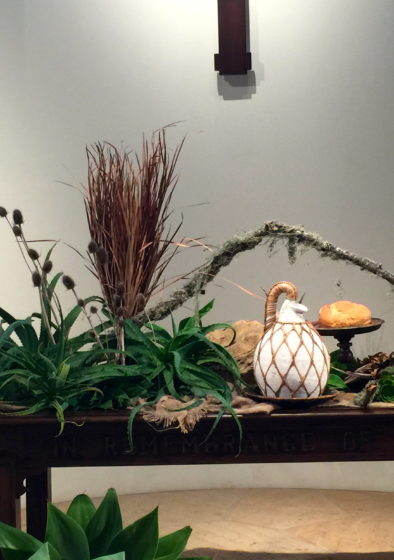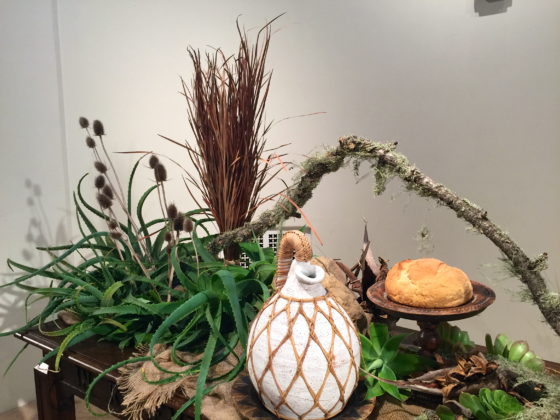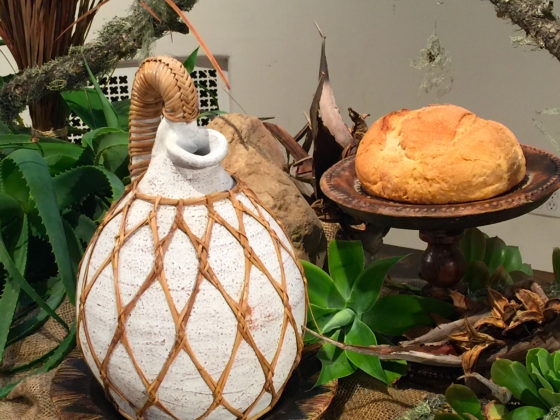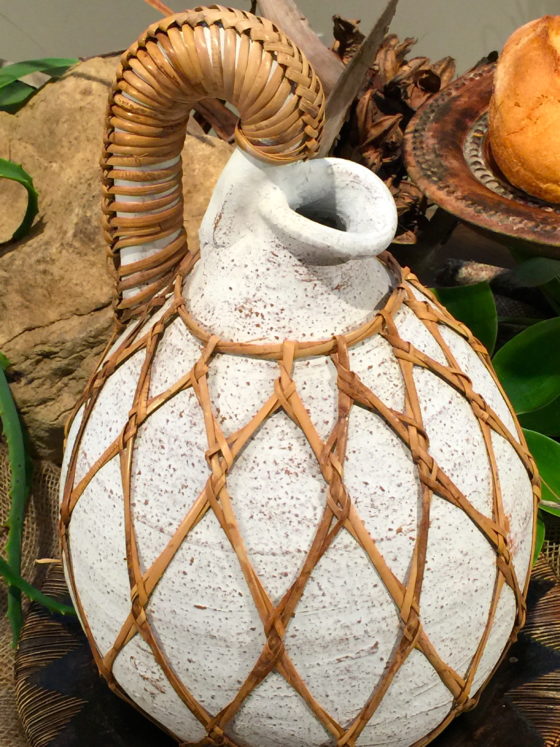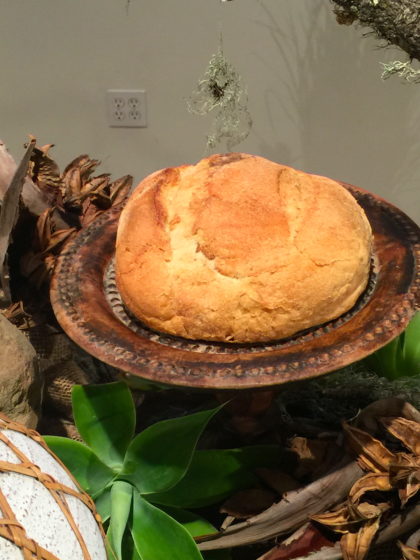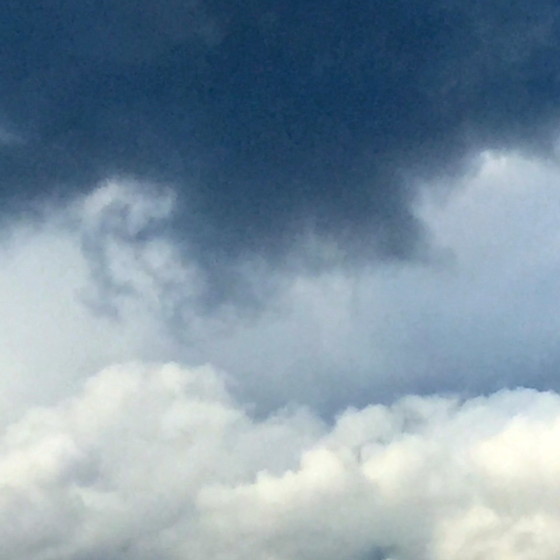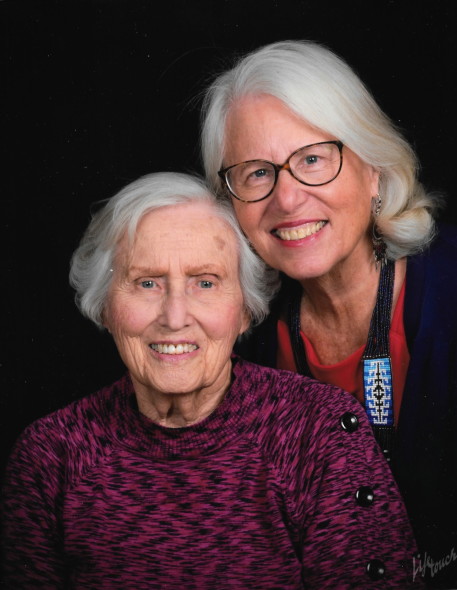I sit and watch the light play across the beautiful angles of her face. Even at 95, those cheekbones are breathtaking. She is tired today, battling a mild infection, with little to no appetite and even less energy. The sharp angle of the winter sun is unexpectedly flattering as it gently flickers through the window, and I draw a sharp breath as those too-familiar tears begin to form behind my eyelids.
“Oh, Mama! I love you so. Please, Lord, let her go to sleep and wake up in the New Creation. Enough, okay? Enough.”
But who really knows how much is enough? I don’t have any special insights, only my own bedraggled emotions and growing fatigue. To me, it feels like it is time. Time to be released from this ‘body of dust,’ time to rest from the struggle, time to breathe in and never breathe out again.
We did not go out to lunch today; we barely made it from the dining room to her own sweet space, with its lounge chair in the corner, by the window. “My arms!” she cried softly as we walked. “They ache.”
Truth be told, everything aches. Every cell in her body.
As she slept in that chair, I moved my hand slightly, the one that she was clasping with both of hers. She roused a bit, turning to look in my direction.
“Oh, Mama! Thank you for being such a good, good mother,” I cried.
She didn’t understand me, so I said it again, more slowly, more loudly. She smiled slightly and said a simple, “Thank you.” Somehow her half-sleepy state made the usual questioning unnecessary. There were no confused looks, no puzzled frowns. None of this response: “I’m your mother?? Really??”
None today. None at all.
One week ago, that’s all I heard. I came home shaking my head at my husband. “I don’t know how much more of this repetition I can navigate! We spent our entire 90 minutes together today asking and attempting to answer the same 5-6 questions — over and over and over again. Oh, Lord, give me patience!”
He and I were getting ready to leave town the next morning, our annual anniversary getaway to parts north. We both needed it — time and space to savor an ocean view, good food prepared by someone else, and quiet time together — no expectations, no obligations, no schedule. And it was good. Very, very good.
They called me from the dementia unit as we were driving home yesterday. “She has a UTI and a low-grade fever. Is it all right with you if we put her on antibiotics?”
Yes, it was all right with me. UTIs make dementia much worse and increase confusion and disorientation. She doesn’t need any escalation of those symptoms and neither do I. But this time around, the infection plus the added medication led to extreme exhaustion — one more sign of decline, diminishment.
And yet, as painful as it is to watch that happen, this time I will admit that my primary response is relief and gratitude. She is heading in one direction only; and today’s exhaustion underlined that truth for me. My mother is very old. She is very frail. She is extraordinarily confused.
She is also beautiful, grateful, loves people (even when she hasn’t a clue who they are), sings the old songs and hymns with a higher degree of accuracy than her illness might lead you to expect, and generally enjoys her life. It is not up to me when that life will end on this side of the mysterious veil that separates us from the eternal.
There are, however, some decisions that are up to me. When and how to treat illness, for one. I think I know what I will and will not allow — mom and I discussed it all, long before dementia took over — but until illness or accident happens, I suppose it’s all pretty hypothetical.
So, in addition to those prayers for patience, I also pray for wisdom, grace, kindness and insight as my mother moves ever closer to the end of her long and remarkable life. I will miss her presence in my life more than I can adequately put into words, more than language will allow.
Then again, I have been missing her for a very long time.
“Oh for grace to trust him more!”
